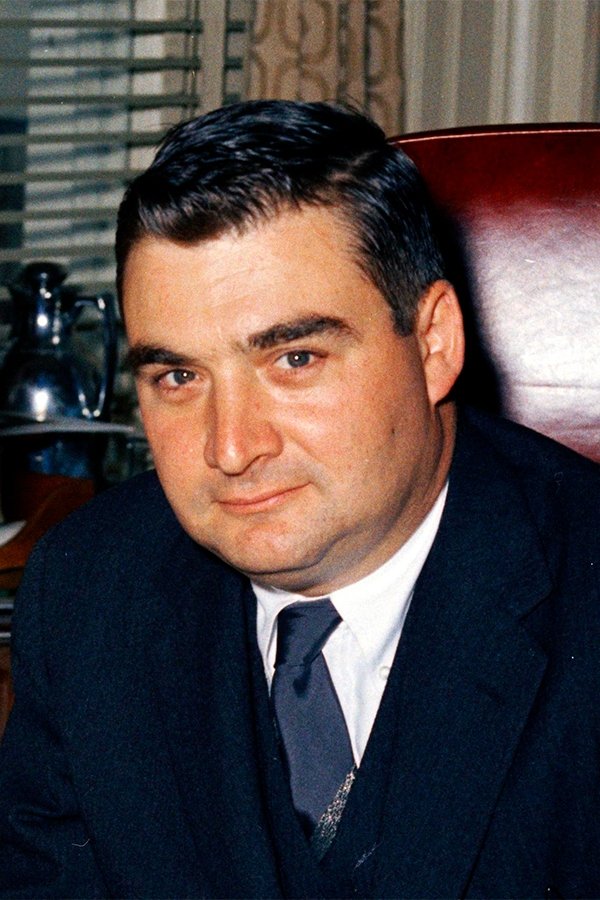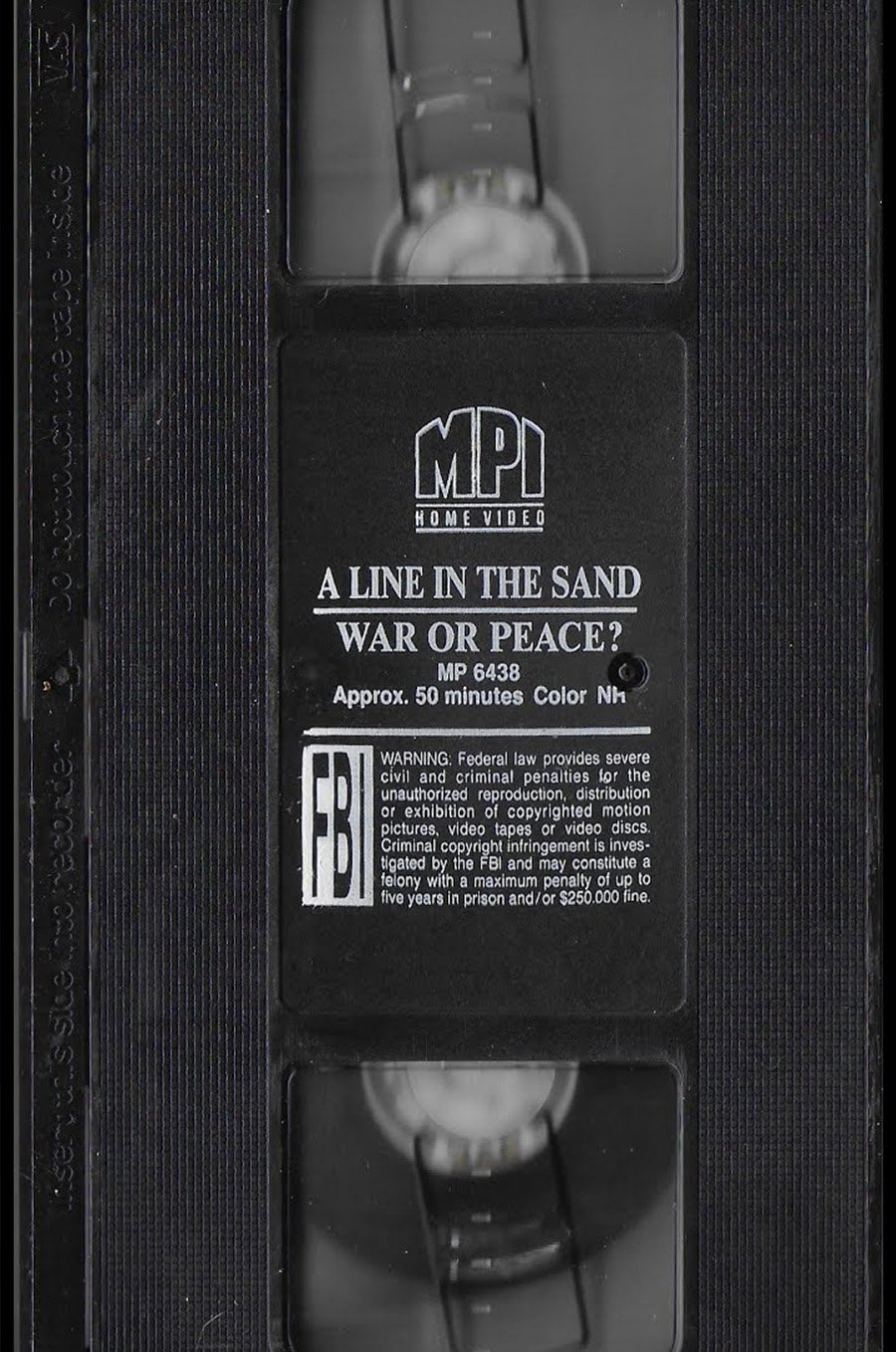

With Britain's first-ever political leaders' television debate imminent, award-winning reporter Michael Cockerell uncovers what it's like to take part in these contests and how leaders try to win them. He tells the inside story of why it has taken so long for such debates to arrive in the UK. The programme features candid interviews with US Presidents and their advisers on the tricks of the debate trade. Blending new film and behind-the-scenes footage, some never seen before, it's a tragicomic tale of high politics and low cunning. From John F Kennedy and Richard Nixon through to Barack Obama, candidates are seen being prepared for their debates, then in the sometimes funny, sometimes disastrous results on live television. Cockerell shows why for our would-be next Prime Ministers - Gordon Brown, David Cameron and Nick Clegg - the three debate stages across Britain will be what one former US President calls 'Tension City'.
American Experience looks at the 1968 Democratic National Convention in Chicago where Vice President Hubert Humphrey won his party's nomination for president amid massive civil unrest and violence perpetrated by Chicago Police and anti-Vietnam War protesters.

Could George Bush be bringing us to war with Saddam Hussein for oil? Peter Jennings investigates.
Pierre Emil George Salinger (June 14, 1925 – October 16, 2004) was an American journalist, author and politician. He served as the ninth press secretary for United States Presidents John F. Kennedy and Lyndon B. Johnson. Salinger served as a United States Senator in 1964 and as campaign manager for the 1968 Robert F. Kennedy presidential campaign. After leaving politics, Salinger became known for his work as an ABC News correspondent, particularly for his coverage of the Iran Hostage Crisis; the bombing of Pan Am Flight 103 over Lockerbie, Scotland; and his claims of a missile being the cause of the explosion of TWA Flight 800. Salinger was born in San Francisco, California. His father, Herbert Salinger, was a New York City-born mining engineer, and his mother, Jehanne (née Biétry), was a French-born journalist. Salinger's mother was Catholic and his father was Jewish. His maternal grandfather was Pierre Biétry, a member of the French National Assembly, who became known for his "vigorous" defense of Capt. Alfred Dreyfus, who was wrongly convicted of treason in 1894. Bietry died in Indochina at the age of 39. Salinger was considered a child prodigy in music who played on a grand piano even before he learned to read. After his family moved to Canada, his parents discovered his innate talent at the piano and he was enrolled into the Toronto Conservatory of Music, where he was groomed to become a concert pianist. He recalled, "Each weekday, a tutor came to the house for three hours of academic instruction, and when she left, I was 'free' to practice the piano for four or five hours." He gave his first public concert when he was six and was considered a concert pianist. He continued studying piano after they returned to San Francisco and was able play scores by Bach, Debussy, Beethoven and George Gershwin, whom he once met. When he was 12, Salinger's mother told him his full-time piano studies were isolating him from society. She suggested he spend a year away from piano to engage in other social activities, including sports. He did, but never returned to his original goal of becoming a pianist and instead wanted to become a writer or journalist. His talent and love of music carried over into his career as press secretary when, at the behest of First Lady Jacqueline Kennedy, he would invite musicians such as Pablo Casals and Igor Stravinsky to the White House. President Lyndon B. Johnson once had Salinger perform on the piano to 600 of his guests. "If Jackie Kennedy was the one who thought maybe America was ready for a higher culture, her ally in it or her agent was Pierre," said Richard Reeves, author of President Kennedy: Profile of Power (1993). Salinger attended public magnet Lowell High School in San Francisco. He attended San Francisco State University (then College) from 1941 to 1943, during which time he became managing editor and columnist for the student newspaper. Salinger left SF State to enlist in the United States Navy in July 1943 and became skipper of a submarine chaser off Okinawa during World War II. He distinguished himself during Typhoon Louise by making a daring rescue of some men stranded on a reef. For this act, he received the Navy and Marine Corps medal. ... Source: Article "Pierre Salinger" from Wikipedia in English, licensed under CC-BY-SA 3.0.
By browsing this website, you accept our cookies policy.